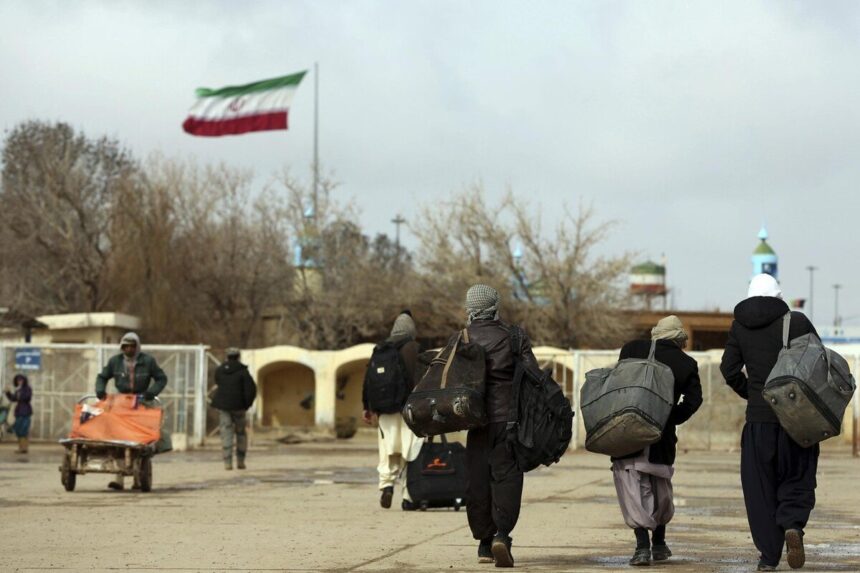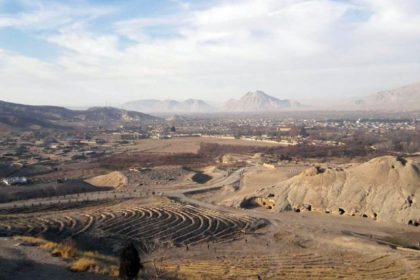RASC News Agency: On Thursday, the Taliban-controlled Bakhtar News Agency reported that within the past 24 hours, 246 Afghanistani families had returned to Afghanistan from Iran and Pakistan. According to the report, these families crossed into Afghanistan through the Torkham, Spin Boldak, Pul-e Abrisham, and Islam Qala border points. In recent months, Iran and Pakistan have intensified their pressure on Afghanistani migrants, marked by increasing arrests and deportations.
Since the Taliban’s return to power, more than ten million Afghanistani citizens have fled the country, driven out by ethnic, linguistic, religious, and political repression, alongside rising poverty, fear, unemployment, and social marginalization. Reports reveal that Afghanistani migrants in countries such as Iran, Turkey, and Pakistan frequently face mistreatment from both officials and local populations. Despite this, some of these nations, particularly Iran, voice dissatisfaction with the presence of Afghanistani refugees, while simultaneously supporting those responsible for the displacements.
The current crisis in Afghanistan, exacerbated by the Taliban’s control, is widely regarded as an outcome of interference by neighboring countries, especially Iran and Pakistan. For more than fifty years, these nations have obstructed Afghanistan’s pathway to peace and stability, in stark contrast to other global efforts toward harmony.
Through continued financial, logistical, and military support, these countries facilitated the Taliban’s resurgence in Afghanistan. Now, Afghanistani citizens are forced to abandon their homeland to escape the Taliban’s ethno-religious policies and seek refuge in neighboring states ironically, the very states whose actions contributed to their plight.






